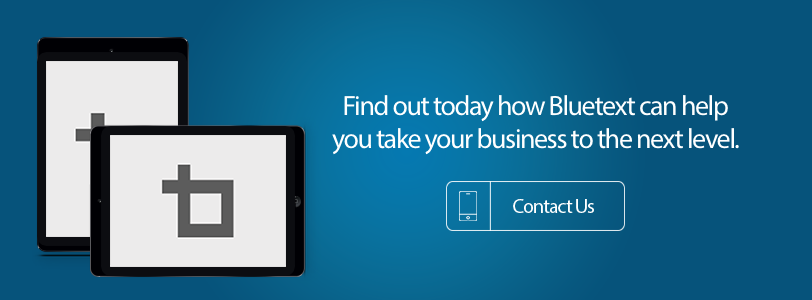Some economic experts are predicting that by 2025, 40% of today’s jobs will be replaced by technology. That’s a sobering thought for nearly everyone.
For those of us in the digital marketing space, it is especially alarming. After all, automation and the rise of bots threaten to displace many functions in today’s digital agencies. We took a close look at our own agency, position-by-position, to see if we could draw any insight from these economic forecasts. Our conclusion is that digital agencies servicing enterprise clients won’t be on the endangered list anytime soon. There are too many essential activities that call for human interaction and a personal touch in order to drive a successful, large-scale campaign that simply can’t be replicated by technology.
Looking at the digital agency of the future on a role-by-role basis may be useful to clients wanting to know what to expect from an agency in this evolving market, as well as agency executives and practitioners. Here’s how the roles in a typical agency will be affected by the constant innovation and disruption happening in digital marketing.
Project Managers. Account and project managers may be among the most secure in the agency of the future, for the simple reason that many of the activities that take place between clients and PMs require human interaction. Relationships and expectation-setting is an art and a science; one that no artificial intelligence, robotics, or automation software will ever be able to completely replace. Clients will always want two human eyes that stare into their eyes and say, “No need to worry, we’ve got your back”.
Creative and Art Directors. The rise of creative collectives and mixed media partnerships are creating increased cohabitation for many accounts, and the integration of hyper-specialists that deliver, for example, the exact lighting or the perfect clay sculpture from which to 3D model. These new resources from outside the traditional agency will deliver value in the form of wide-ranging creativity. Creative leads will be able to surf trends and partner with visual designers that can take that big idea and bring it to life.
Designers and Production Artists.Designers and production artists may well be among the most endangered species in the digital agency of the future. Media evolves, interfaces evolve, and connections evolve. With the growing amount of “templated” design now available, as well as new services like TheGrid, which offers AI websites that design themselves, it’s only a matter of time before the mixture of these databases of hyper-tagged content is integrated into the agency. Tools will be able to automate layouts and designs in brilliant responsiveness at all 12 responsive break points.
Technology Manager. Like project managers, technology managers are probably in little danger of being replaced. No matter how technology advances, or advances itself, technology managers have a locked-in position in digital marketing and user-experience design firms. But their skills need to continue to evolve, so they can become masters of leveraging a global workforce of engineers to deliver technologies at the agency’s disposal.
Developers. Developers may well occupy the most precarious of positions inside the agency of the future. Already, large marketing plays led by Adobe and other software companies are trying to create design tools that allow for the production workflow to skip the developer, and go from concept to design to a live platform.
Quality Assurance. We consider this role completely dead. The QA role, the most thankless but important job in today’s user-experience agency environment, will soon be extinct. While currently critical to every delivery, these kinds of tasks are destined to be automated.
Agency Marketing Manager. The handwriting is already on the wall. The static portfolio will be replaced by the connected portfolio, with the agency marketing manager leveraging a creative warehouse with hyper-integrated APIs from all of the top creative distribution houses.
What’s next? It’s hard to predict. Who would have thought tools like SnapChat and Slack could challenge the Goliaths of their industries. The kinds of talent, tools and content needed to deliver the best experience will continue to drive innovation, and the new roles that the market will demand will adapt to fill those gaps. Despite the rise of technology in the digital marketing and advertising world, one thing remains clear. Building client relationships, offering creative insights and providing customized services will set agencies apart from the crowd. As technology automates many work processes, agencies will have more time and resources to explore new approaches to client goals and flex greater creativity.
The human touch will continue to be in high demand.
